XAIGATE is the best cryptocurrency payment gateway service that allows businesses to accept SKALE (SKL) payments from customers. It acts as an intermediary between the buyer and seller, handling the processing and settlement of cryptocurrency payments. Try #1 SKALE (SKL) Payment Gateway Now!
- Only 0.2% Transaction Fee
- 9.866+ Supported Coins
- No Monthly Cost
- Security & Global reach
- No hidden fees
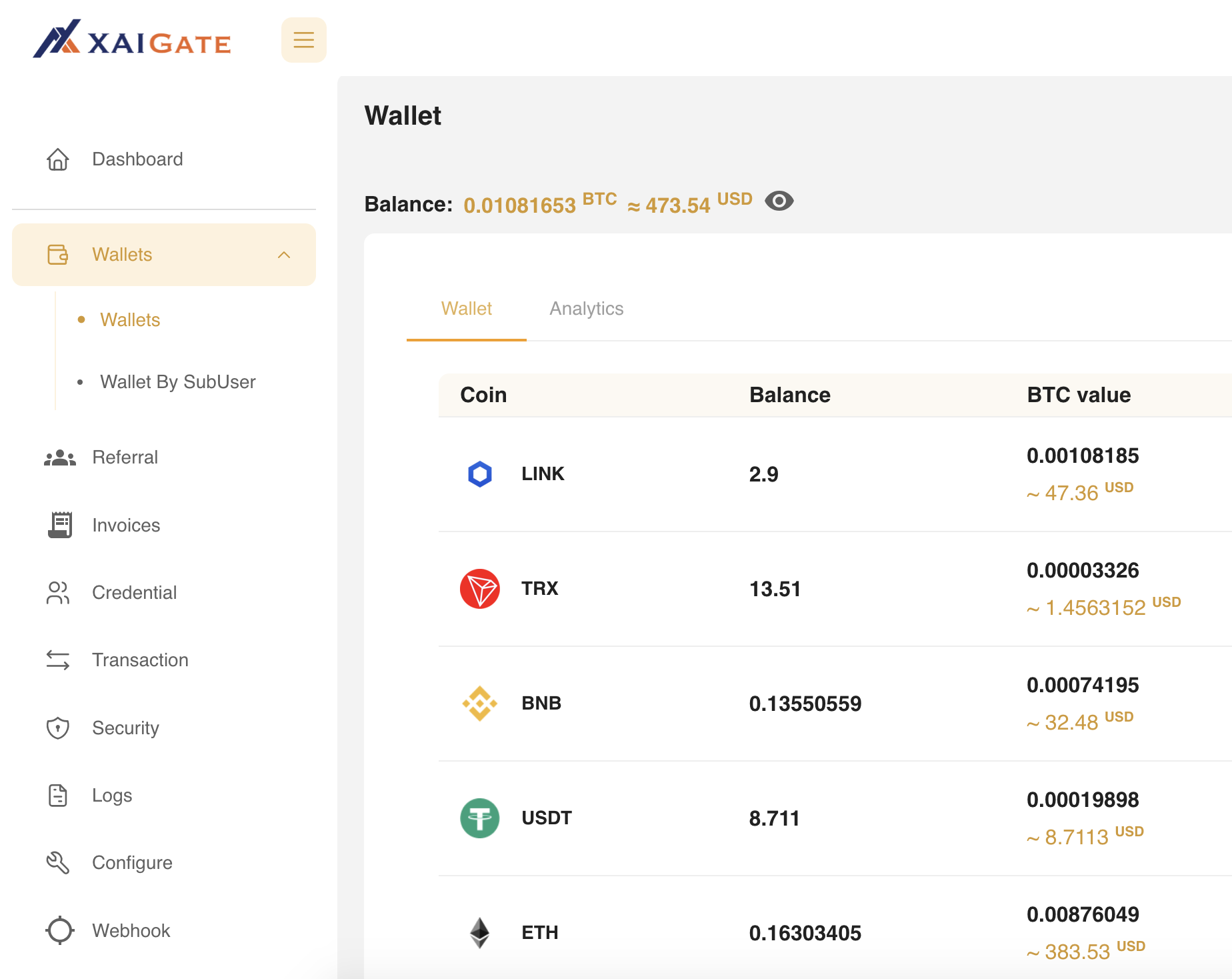
Why accept SKALE (SKL) payments
What is SKALE (SKL)?
SKALE (SKL) token is a hybrid utility token that fuels the SKALE Network, a blockchain network designed to address scalability issues faced by the Ethereum blockchain. Here’s a breakdown of SKALE tokens and their functionalities:
What is the SKALE Network?
Imagine a busy highway. Ethereum blockchain, like a single-lane highway, can get congested when there’s a high volume of transactions. SKALE Network operates as a system of sidechains, acting like additional lanes to the main Ethereum highway. This allows for faster transaction processing and increased scalability.
How does SKL token work?
SKL tokens play a vital role within the SKALE Network ecosystem:
Validator Selection: Users stake SKL tokens to become validators. Validators are responsible for processing transactions on SKALE chains and ensuring network security. Staking SKL tokens earns rewards for validators.
Delegation: If you don’t want to run a validator node yourself, you can delegate your SKL tokens to existing validators. This allows you to participate in securing the network and earn rewards proportionally to your stake.
Deployment Fees: Developers who want to deploy their decentralized applications (dApps) on SKALE chains pay fees in SKL tokens. This incentivizes the network and compensates validators for their resources.
Governance: SKL token holders can participate in the governance of the SKALE Network. They can vote on proposals that influence the protocol’s development, such as fee structures and upgrades.
Benefits of SKALE tokens:
Scalability: SKALE tokens contribute to a more scalable network, enabling faster transaction processing and potentially lower fees for users of dApps built on SKALE.
Security: By incentivizing validators through staking and rewards, SKL tokens help maintain a secure network.
Earning Potential: Staking and delegation of SKL tokens offer opportunities to earn passive income.
Governance Rights: Holding SKL tokens grants a voice in shaping the future of the SKALE Network.
SKALE (SKL) payment METHODS
How Does SKALE (SKL) Payment Work
What are Cryptocurrency Payment Gateway features is a service that allows businesses to accept SKALE (SKL) payments from customers. It acts as an intermediary between the buyer and seller, handling the processing and settlement of cryptocurrency payments.
Step 1: Register Account
Create an XAIGATE account to process cryptocurrency transactions quickly and easily. You can sign up and start processing transactions without adding KYC or bank account information.
Step 2: Setup with APIs or Plugin
Set up your XAIGATE account by adding some necessary details, such as your business information and payment preferences. Explore the XAIGATE API to learn how to accept SKALE (SKL) payments on your website.
Step 3: Accept SKALE (SKL) payments
Congratulations! You can now let your customers pay in cryptocurrency. Explore the many benefits of accepting crypto payments with XAIGATE
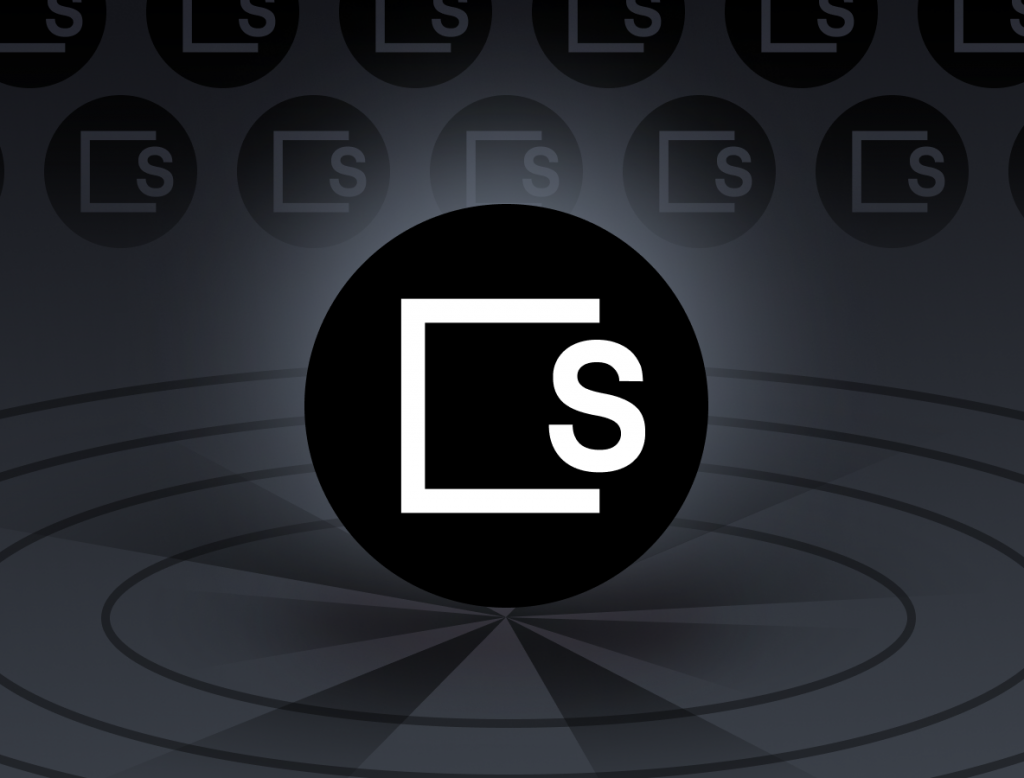
About SKALE (SKL) Payment
Why Businesses Accept SKALE (SKL) payments?
Businesses building on the cutting edge of blockchain technology might find SKALE (SKL) particularly attractive for a few reasons:
Scalability for Busy Applications: SKALE offers a highly scalable network compared to the Ethereum mainnet. This allows businesses to build dApps that can handle a large volume of users and transactions without encountering slowdowns or bottlenecks. This is crucial for businesses aiming to create popular and widely-used dApps.
Reduced Transaction Fees: The SKALE Network has the potential for significantly lower transaction fees compared to the Ethereum mainnet, especially during periods of high congestion. This can be a major advantage for businesses, as lower fees can attract more users and make their dApps more cost-effective to operate.
Customization Options: SKALE’s unique feature of customizable blockchains allows businesses to tailor the blockchain environment to their specific needs. This can be particularly beneficial for businesses with unique security requirements or those who want to optimize transaction speeds for their dApp.
Improved User Experience: By leveraging SKALE’s scalability and potentially lower fees, businesses can create dApps that offer a faster and more seamless user experience. This can be a significant advantage in attracting and retaining users in the competitive dApp market.
Future-Proofing for Growth: As blockchain technology continues to evolve, SKALE’s focus on scalability positions businesses well for future growth. By building on SKALE, businesses can ensure their dApps can handle an increasing number of users and transactions without needing to migrate to a different platform later.
What is SKALE (SKL)?
SKALE (SKL) token is a hybrid utility token that powers the SKALE Network, a blockchain network designed to overcome the scalability limitations of the Ethereum blockchain. Here’s a closer look at SKL tokens and their functionalities:
Understanding the SKALE Network:
Imagine a busy highway. The Ethereum blockchain, similar to a single-lane highway, struggles with congestion when there’s a high volume of transactions. SKALE Network functions as a system of sidechains, acting like additional lanes alongside the main Ethereum highway. This clever design enables faster transaction processing and increased scalability for the network.
What does the SKL token do?
SKL tokens are the lifeblood of the SKALE Network ecosystem, playing several crucial roles:
Validator Selection: Users with SKL tokens can stake them to become validators. Validators are responsible for processing transactions on SKALE chains and ensuring network security. Staking SKL tokens allows them to earn rewards for their contributions.
Delegation: If running a validator node seems too technical, you can delegate your SKL tokens to existing validators. Delegation allows you to participate in securing the network and earn rewards proportionate to your stake, without the technical burden of running a validator node yourself.
Deployment Fees: Developers who want to deploy their decentralized applications (dApps) on SKALE chains pay fees in SKL tokens. This fee structure incentivizes network participation and compensates validators for the resources their dApps utilize.
Governance: Holding SKL tokens grants you a voice in shaping the SKALE Network’s future. SKL token holders can participate in governance by voting on proposals that influence the protocol’s development, such as fee structures and potential upgrades.
Benefits of SKL Tokens:
Enhanced Scalability: SKL tokens contribute to a more scalable network, enabling faster transaction processing and potentially lower fees for users of dApps built on SKALE.
Robust Security: By incentivizing validators through staking and rewards, SKL tokens help maintain a secure network environment.
Earning Potential: Staking and delegation of SKL tokens offer opportunities to earn passive income within the network.
Governance Rights: Owning SKL tokens grants you voting rights, allowing you to influence the SKALE Network’s direction.
Why Choose SKALE (SKL)?
There are several compelling reasons to choose SKALE (SKL) depending on your role in the blockchain ecosystem:
For Developers:
Scalable Ethereum Solution: If you’re a developer building decentralized applications (dApps) on Ethereum and facing scalability issues, SKALE offers an attractive solution. By deploying your dApp on SKALE chains, you can benefit from faster transaction processing and potentially lower fees compared to the congested Ethereum mainnet.
Flexible Blockchain Infrastructure: SKALE provides a unique feature – customizable blockchains. Developers have significant control over chain parameters like size, consensus mechanism, and security features. This flexibility allows for tailoring the blockchain environment to the specific needs of your dApp.
Integration with Existing Ethereum Tools: SKALE is interoperable with Ethereum, meaning your existing Ethereum development skills and tools can be leveraged when building dApps for SKALE. This reduces the learning curve for developers familiar with the Ethereum ecosystem.
For Investors:
Potential for Growth: As the SKALE Network gains traction and attracts more dApps, the value of SKL tokens could appreciate. This presents a potential opportunity for capital gains for investors who believe in the technology.
Staking Rewards: By staking SKL tokens, investors can contribute to the security of the SKALE Network and earn rewards in return. This offers a way to generate passive income on your SKL holdings.
Supporting Innovation: Choosing SKALE signifies your support for blockchain scalability solutions and the future of decentralized applications.
What is the SKALE (SKL) payment gateway?
A Bitcoin Payment Gateway is a service that allows businesses and individuals to accept SKALE (SKL) tokens as payment for goods or services. It acts as a bridge between the traditional financial system and the world of cryptocurrencies, simplifying the process of receiving and processing SKALE (SKL) payments.
Here’s how a SKALE (SKL) payment gateway works:
- Merchant Integration: The merchant integrates the payment gateway into their website or point-of-sale system.
- Customer Selection: During checkout, the customer chooses SKALE (SKL) as their preferred payment method.
- Transaction Initiation: The customer sends their SKALE (SKL) tokens from their wallet or exchange account to the gateway’s designated SKALE (SKL) address.
- Payment Processing: The gateway verifies the transaction on the Ethereum blockchain and confirms the validity of the SKALE (SKL) tokens.
- Settlement: Once confirmed, the gateway converts the SKALE (SKL) tokens to USD (usually at a 1:1 ratio) and deposits the equivalent amount into the merchant’s bank account.

How do I accept SKALE (SKL) payments?
Accepting SKALE (SKL) payments can be a simple and efficient way to expand your customer base and benefit from the advantages of cryptocurrency transactions. These platforms offer user-friendly interfaces, robust security features, and API integrations for seamless and secure transactions.
How do I make a SKALE (SKL) payment?
To send SKALE (SKL) payments, you’ll need a SKALE (SKL) wallet. Simply copy the recipient’s wallet address or scan their QR code and enter the desired amount to send. It’s as easy as that!
Can I accept SKALE (SKL) payments at my business?
Yes, you can accept SKALE (SKL) payments at your business! In fact, doing so can offer several advantages for your business.
In conclusion “Accept SKALE (SKL) payments”
To accept SKALE (SKL) payments securely and efficiently, businesses can rely on XAIGATE’s cryptocurrency payment gateway, offering global reach, low fees, and no hidden costs. Expand your payment options today!

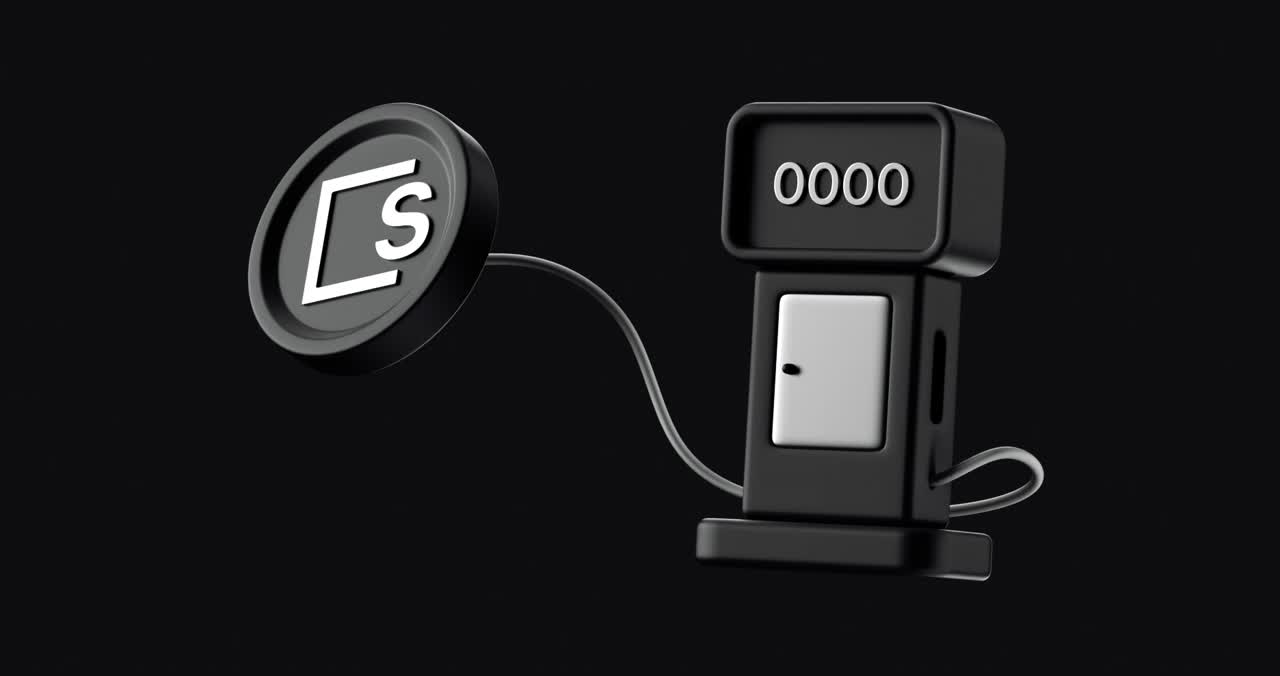
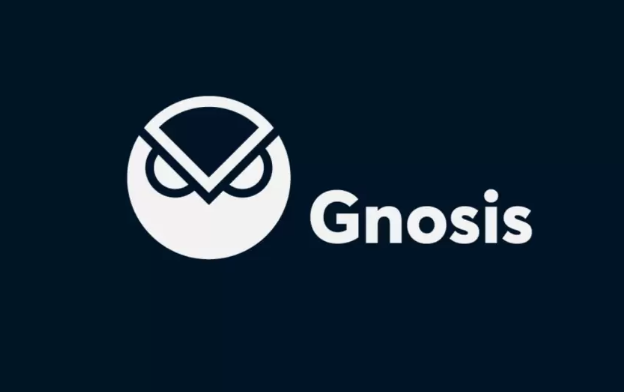

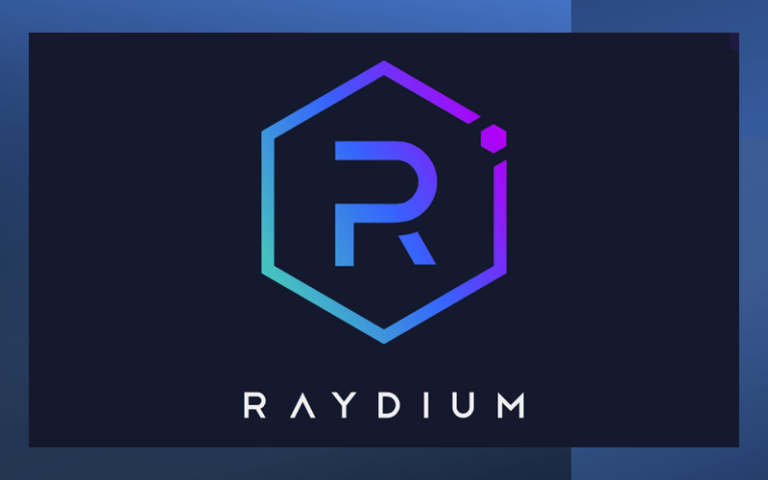


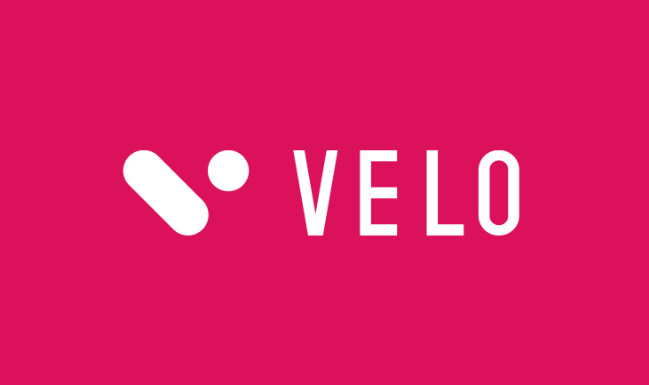


How can businesses securely accept SKALE (SKL) payments through a reliable cryptocurrency payment gateway?
To securely accept SKALE (SKL) payments, businesses can follow these steps:
Choose a Trusted Payment Gateway: Select a reliable cryptocurrency payment gateway like XAIGATE that supports SKALE (SKL) payments. These platforms ensure secure, fast, and reliable transaction processing.
Integrate the Payment Gateway: Install the payment gateway’s plugin or API on your website or eCommerce platform. This enables customers to pay using SKALE (SKL) tokens during checkout.
Set Payment Preferences: Configure the gateway to accept SKALE payments and decide whether to automatically convert payments to fiat or keep them in SKL tokens.
Ensure Security: Ensure that the payment gateway uses strong security features such as SSL encryption, two-factor authentication (2FA), and fraud prevention tools to protect both your business and customers.
Test Transactions: Before going live, conduct test payments using SKALE (SKL) to ensure everything is working correctly and that transactions are processed securely.